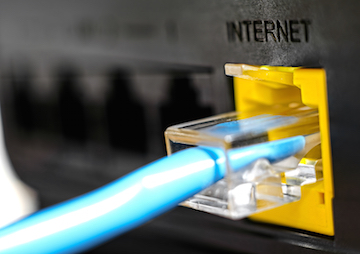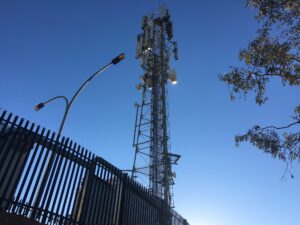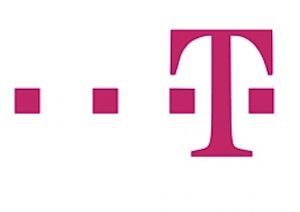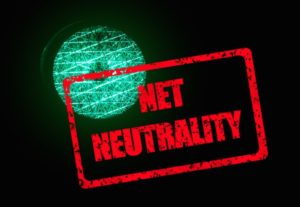‘Decisive and Tremendous Win’ for Net Neutrality as D.C. Court Upholds Rules
The U.S. Court of Appeals for the District of Columbia Circuit ruled that the Federal Communications Commission acted within its jurisdiction when it enacted sweeping net neutrality regulations last year. Shutterstock
Shutterstock
By Nadia Prupis / Common Dreams
In a huge win for internet freedom, the D.C. Circuit Court of Appeals on Tuesday ruled that the Federal Communications Commission (FCC) was within its jurisdiction to enact sweeping net neutrality regulations last year.
That means the internet will remain a public service classified under Title II of the Communications Act—upholding the FCC’s power to ensure that all carriers, including mobile and broadband, treat all internet traffic equally.
“Today’s decision is a victory for consumers, free expression, and the core principles on which the internet was created,” Lisa Hayes, vice president for programs and strategy at the Center for Democracy and Technology (CDT), said in a statement on Tuesday. “The Court made the right decision in affirming the FCC’s decision on reclassification of internet broadband services, providing the best path forward for advancement of consumer choice, access, and privacy rights.”
The case, U.S. Telecom v FCC, arose when a coalition of telecommunications companies and other trade groups representing Internet Service Providers (ISPs) challenged the FCC’s reclassification on the grounds that the commission did not have the authority to enforce net neutrality protections.
The three-judge panel ruled 2-1 in favor of the FCC. Judges Sri Srinivasan and David Tatel further found that not only did the FCC have authority to reclassify the internet in February 2015, it was also a “reasonable” decision, particularly in light of the “rapidly growing and virtually universal use of mobile broadband service today.”
“Today’s ruling is a victory for consumers and innovators who deserve unfettered access to the entire web,” FCC chairman Tom Wheeler said in a statement on Tuesday. “It ensures the internet remains a platform for unparalleled innovation, free expression and economic growth.”
The panel “resoundingly rejected all the challenges…made against the FCC’s net neutrality rules,” Kevin Russell, one of the attorneys representing the commission, said Tuesday on a press call. He called the decision an “across-the-board win.”
Michael Scurato, vice president of policy at the National Hispanic Media Coalition, said, “The internet is a place where people of color can tell their own stories without a gatekeeper standing in the way. This court decision is a great victory for communities of color, who are consistently underrepresented and misrepresented in traditional media outlets.”
“We cannot achieve equality in the 21st century without universal, affordable and open internet access,” Scurato said. “Today’s decision brings us another step closer in that struggle.”
Malkia Cyril, executive director of the Center for Media Justice, added that the ruling was particularly important in light of the mass shooting at an LGBTQ club in Orlando on Sunday that killed 49 people and wounded 53.
“In moments like these, the dead need the living to speak for them, and the living need a platform without gatekeepers,” Cyril said.
As CDT pointed out, the order is also good news for privacy protections, as the FCC’s rules require that internet users have a clear understanding and choice in how providers use their information about their online activities.
“As the Circuit Court found, the FCC carefully reviewed a complete record in the Open Internet proceeding and clearly explained its approach for putting in place meaningful open internet protections,” Hayes concluded.
Sarah Morris, senior policy counsel at the Open Technology Institute at New America, said the decision was a “decisive and tremendous win for all Americans.”
Your support matters…Independent journalism is under threat and overshadowed by heavily funded mainstream media.
You can help level the playing field. Become a member.
Your tax-deductible contribution keeps us digging beneath the headlines to give you thought-provoking, investigative reporting and analysis that unearths what's really happening- without compromise.
Give today to support our courageous, independent journalists.





You need to be a supporter to comment.
There are currently no responses to this article.
Be the first to respond.